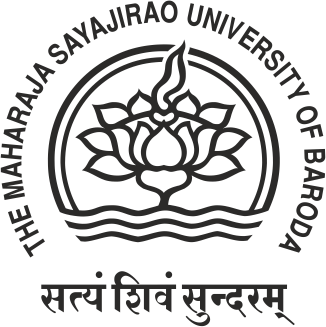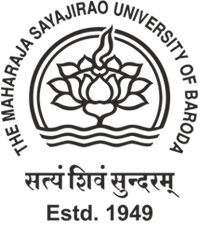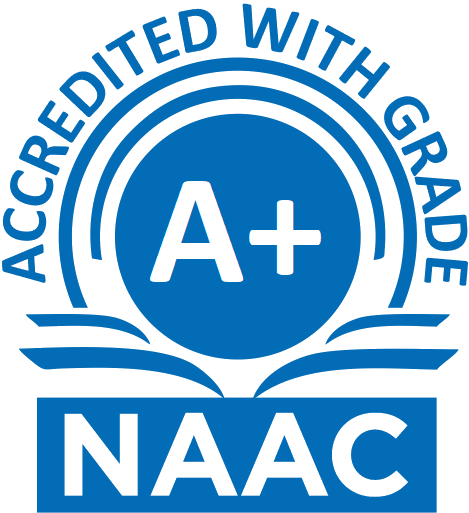Department of Electrical Engineering:
After the expansion of the long standing Kalabhavan Technical Institute into the Maharaja Sayajirao University of Baroda the Electrical engineering department of Faculty of Technology and Engineering, Baroda came into being. The Electrical and electronics engineering department of the Faculty of Technology and Engineering is one of the few institutions to achieve a ISO9002 certification. It started offering Bachelor in engineering (B.E.) degree in electrical engineering from 1949. This was later followed by the masters and part time degrees in other disciplines of the subject.
After the The Foundation Stone of the Faculty was laid by (late) Honorable Shri V. N.Gadgil in July, 1949 and the college started offering 3 and 1/2 years degree courses in Electrical Engineering during the same year.
1956 is an important year in the history of the Faculty, as Postgraduate courses were started in Electrical Engineering, another First in the Western region of the Country. Over and above the development of new curriculum and courses to meet the expanding needs of a neo-technological Society, efforts have been made to improve the teaching-learning and the evaluation procedures at the faculty. These include implementation of a Semester System and continuous internal assessment in the department as a mode of examination reform which has also been implemented in other departments
The department also looks into the interests of the students thereby organizing regular industrial and other field visits. The department is in regular touch with various industries to enable the students to have a practical exposure. The united nations development programme (UNDP) played an important part in providing financial support. The aid provided was given to develop the Microprocessor applications of the department which has been done to the fullest.
The World Bank under the project IMPACT sanctioned grant for development of electronics labs. Later many AICTE and UGC grants were sanctions to this department. The department produces 120 students every year in Electrical and Electronic Engineering discipline.
VISION
To produce competent workforce of electrical and electronics engineers having ethical values and research orientation for innovative entrepreneurship skills.
MISSION
1. Lay the foundation for a professional career with essential technical and managerial skill for better employability, startups and entrepreneurship in Electrical and Electronics engineering.
2. Encourage industry-academia interactions.
3. Promote holistic humanresource development with balanced exposure to theoretical, experimental and extra curricular activities in pertaining domain.
MILESTONES
- Commencement of degree courses in Electrical engineering (B.E.) 1949
- Masters in electrical engineering (M.E.)-1956
- Post B.SC.B.E. (Electronics)-1965
- Part time degree courses in electrical engineering-1973
- Masters in engineering M.E. (Industrial. Electronics)-1979
- Masters in engineering M.E. (Microprocessor) with UNDP assistance-1986
- Awarded the ISO(9002) CERTIFICATION in April 2000.
THRUST AREAS
The department has identified :
i) High voltage Technology
ii) Microprocessor based Power System protection
iii) Digital communications
iv) Telematics
v) Computer Hardware Design
vi) Robotics
vii) Microprocessor Applications
viii) Fibre Optics as major thrust areas for teaching and research.
Over and above the development of new curriculum and courses to meet the expanding needs of a neo-technological Society, efforts have been made to improve the teaching-learning and the evaluation procedures at the Department. These include implementation of a Semester System and continuous internal assessment as a mode of examination reform.


